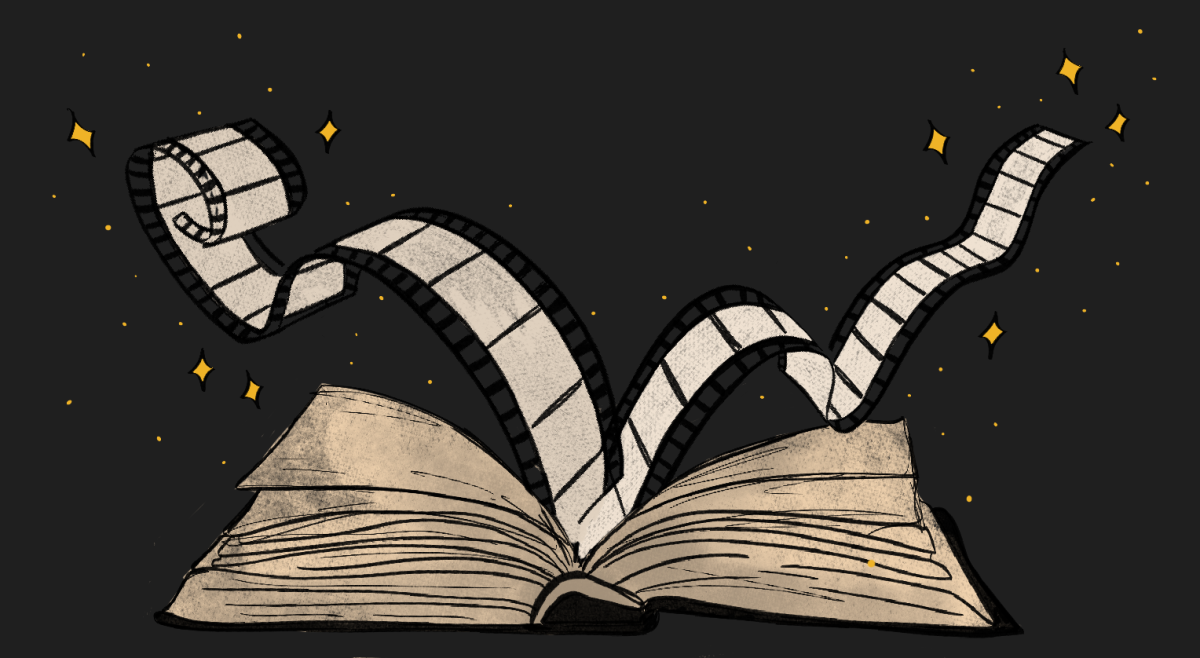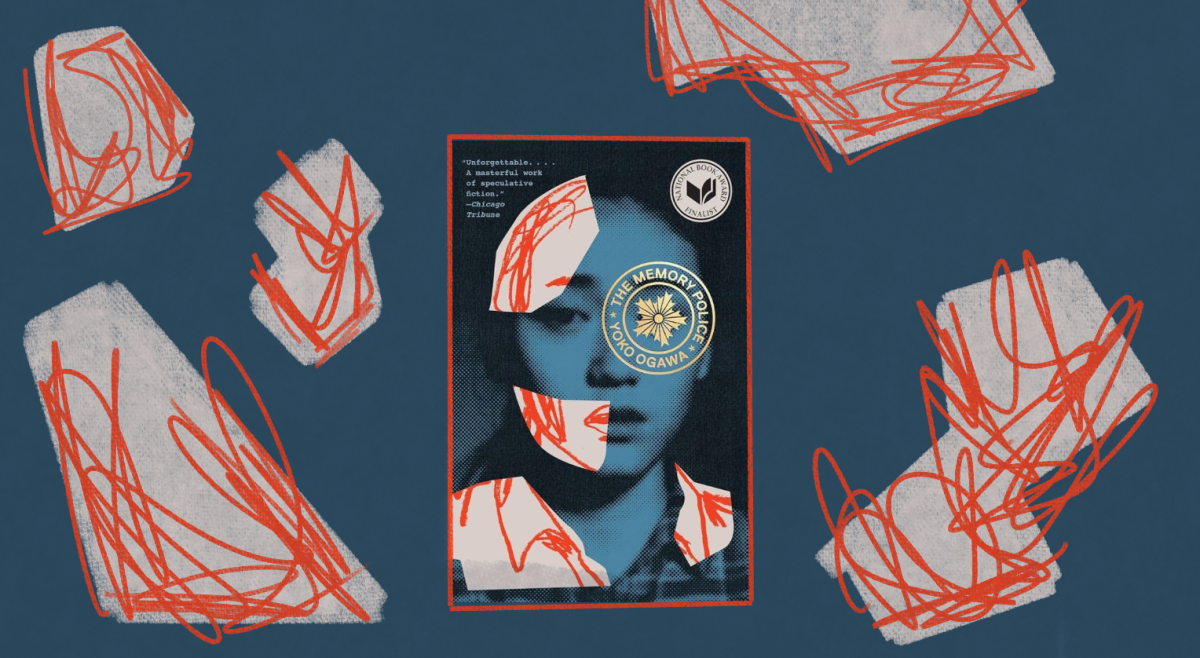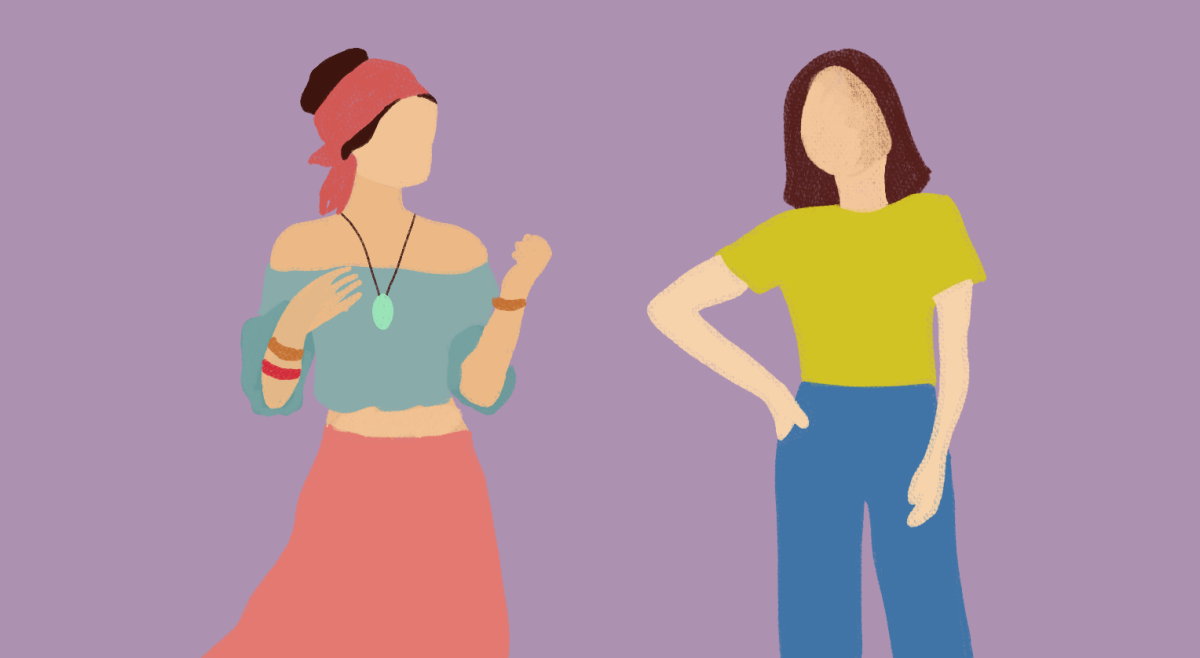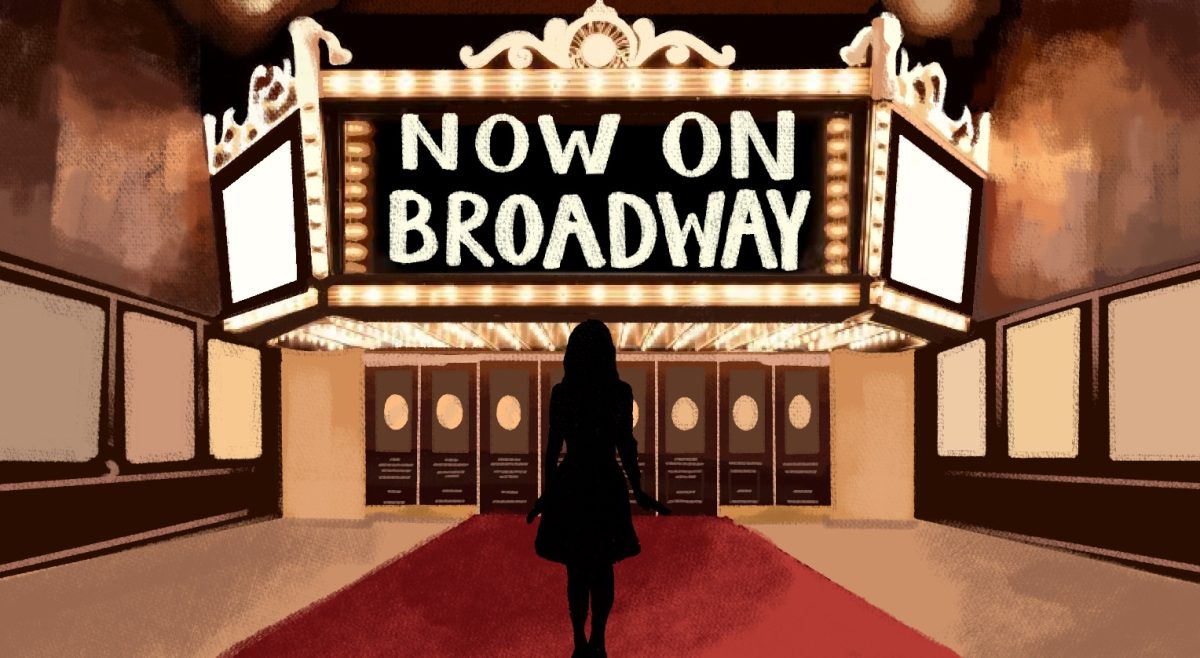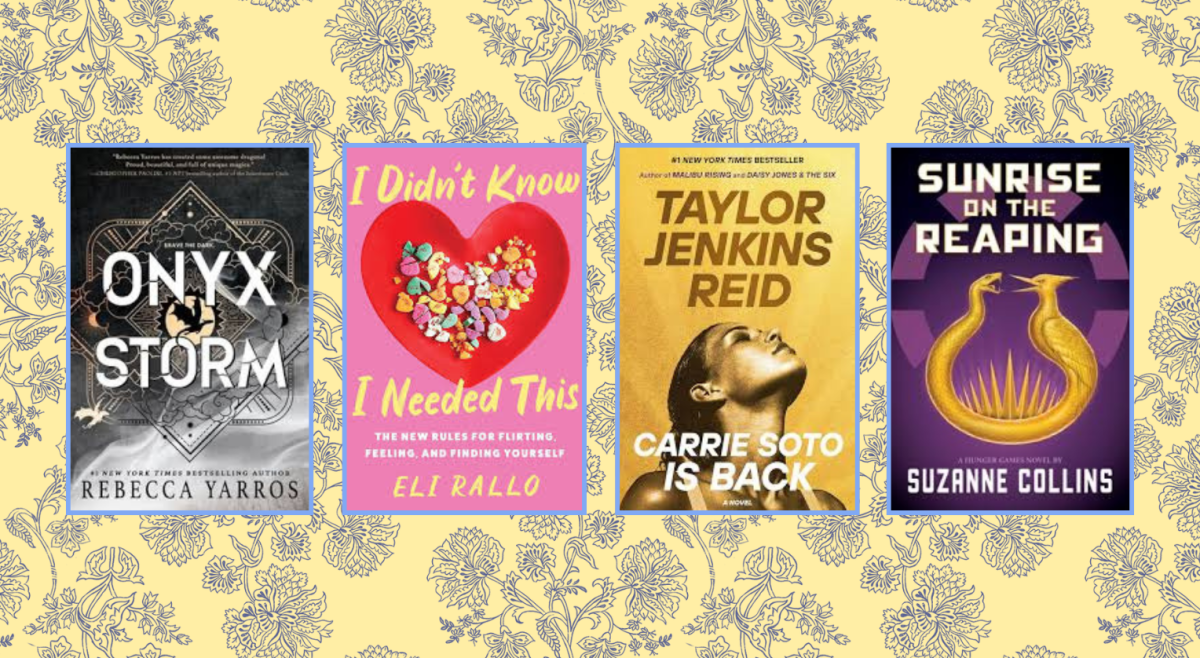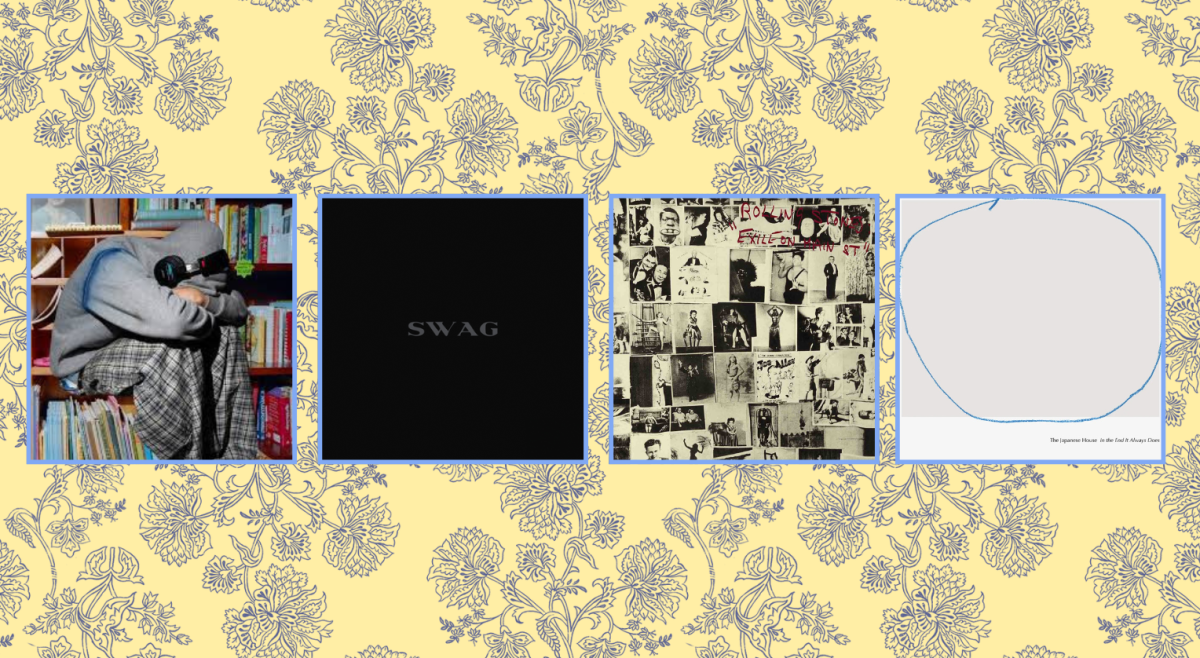Whenever I see a headline that one of my favorite books is going to be adapted into a movie, my reaction is mixed. If done well, it’s the highlight of my year. But if done poorly, I find myself growing more and more protective of my favorite books yet to grace the silver screen.
But what makes a good adaptation? There’s no formula available for directors, but there are definitely characteristics that good adaptations have that bad ones simply don’t.
Quality adaptations almost always stay true to the source material. To properly adapt something, it must have some semblance of the original work. But what good adaptations do is convey the source material’s themes, core messaging, and spirit. The genre can be changed, the characters can be rewritten, and some new plotlines can even be added. If the author’s purpose is at the forefront, the film is more likely to be a faithful adaptation, and much more likely to be actually enjoyable—whether you’re a fan of the book or not.
I’m not saying that adaptations need to be a copy and paste of the original text. In actuality, such adaptations tend to be rather boring. Book scenes can feel awkward on-screen, and others do not progress the plot enough for a two-hour runtime.
Adaptations need to make the story their own. If a book is being turned into a movie, the director should be putting some spin on the original text, while trying to give the material meaning that it couldn’t have in a different form. This could include adding a new subplot that better reflects the book’s message or rewriting a character to better exemplify a certain trait.
Sometimes adaptations can completely subvert their source material. They can take on another character’s point of view, using what we already know and adding a new perspective. Or a more familiar story can be given a bold genre change to add new criticism to the literary canon. Liberties need to be taken for an adaptation to be successful. But if too much is altered, it loses the ability to be put in conversation with the original text.
Thought should also be put into the change in medium. Frankly, some books are difficult or near impossible to translate into movies. Whether they have an unreliable narrator or nonlinear narration, many fantastic books would make for a subpar film. Filmmakers and authors alike must understand the limits of storytelling to respect the sanctity of the author’s creativity.
Some recent adaptations can serve as examples for future directors. Some adaptations are so incredible that they need no mention—I love you, The Lord of the Rings and Pride & Prejudice—but some fall flat.
Granted, only the trailer is out, but the new Wuthering Heights appears to be full of pitfalls. From the glimpses of cinematography, backed by Charli XCX’s music, it seems to resemble Fifty Shades of Grey more than Emily Brontë’s charming novel. The author’s intent appears to have been lost in this sultry new spectacle. Nonetheless, a full analysis and critique cannot be given until the film is in theaters.
Many of the Disney live-action remakes fall into this category as well, each for different reasons. Some of them do not change the plot at all, but are plagued with bad casting decisions, such as Gal Gadot in the recent Snow White. They miss the mark by not doing anything new with the story, or even just using the source material ineffectively, leaving critics and audiences alike disappointed.
A recent adaptation that worked very well for literature fans was The Summer I Turned Pretty TV series. The series’ author, Jenny Han, was the showrunner and occasional director. She managed to take the plot of the books and expand it, all while keeping the heart of the stories intact. The show made crucial adjustments, conveying the rollercoaster of young romance better than the books did.
The current Dune franchise, brilliantly directed by Denis Villeneuve, is also an incredible adaptation. Villeneuve masterfully let his audience step into Frank Herbert’s series with jaw-dropping visual effects and masterful storytelling, successfully illustrating a complex sci-fi universe. He even split the films into two parts to do the story justice. But what makes the Dune movies so remarkable is that they make a dense text accessible, all the while maintaining its essence. That’s what adaptation is all about.
At the end of the day, adaptations are powerful modes of communication. They illuminate a new way of understanding stories that audiences already know and love. But the best part about adaptations is that they are so flexible. So much can be explored with this type of film, and it often goes unappreciated what they’re capable of. Hopefully, more filmmakers will balance experimentation and narrative accuracy, giving audiences adaptations to marvel at, reflect upon, and enjoy.

